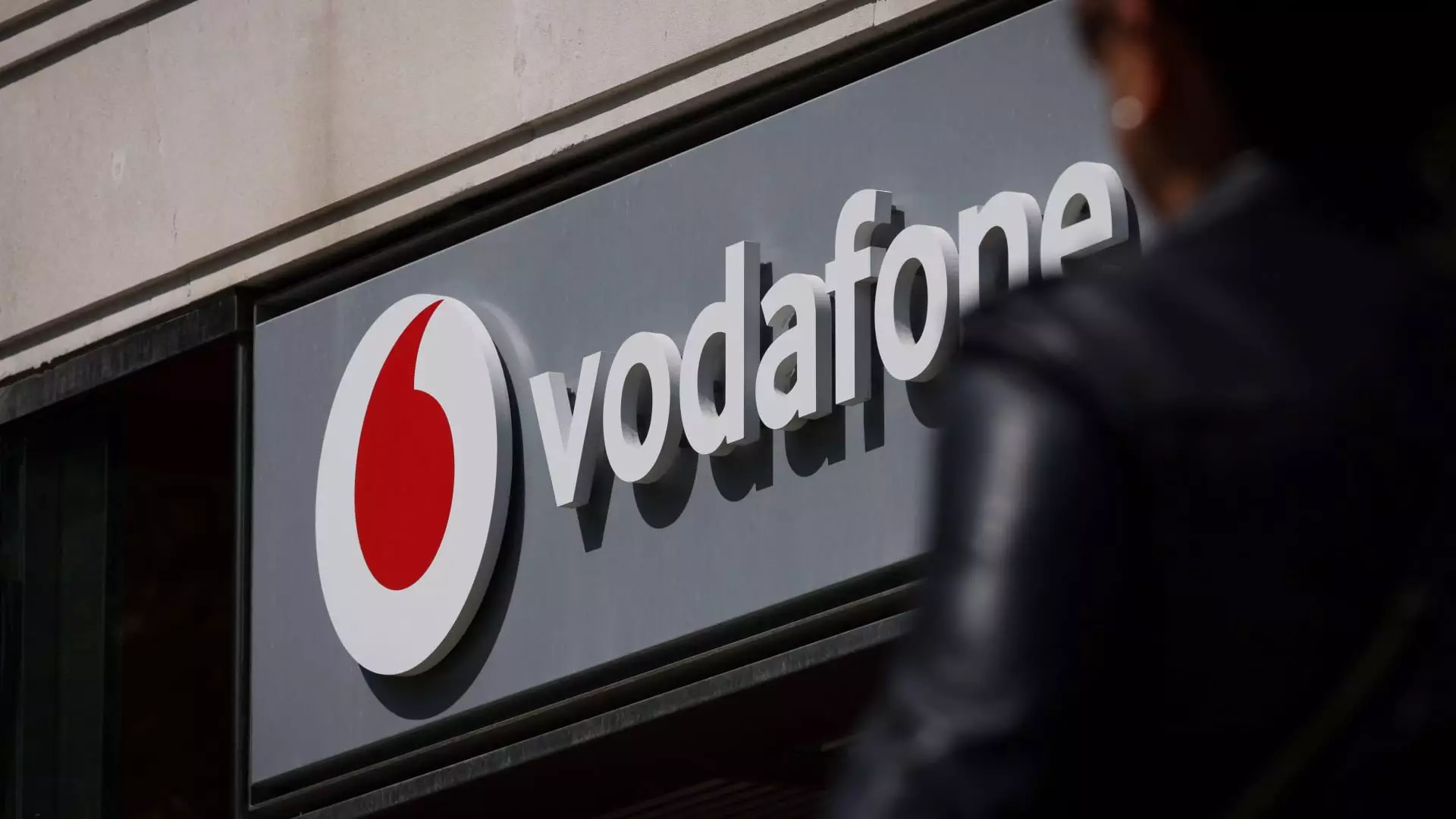The recent approval of the merger between Vodafone and Three UK by the Competition and Markets Authority (CMA) represents a pivotal shift in the UK telecommunications landscape. This £15 billion ($19 billion) agreement, while heralded as a significant development, comes laden with conditions aimed at preserving competition and safeguarding consumer interests.
Vodafone’s acquisition of Three UK has been under the microscope for an extended period, with the CMA initiating an antitrust investigation in January following the announcement of the merger in 2022. The apprehension surrounding this proposed union stemmed from the potential reduction of major competitors from four to three, which raised valid concerns about pricing and service quality. As the CMA progressed to an in-depth examination, the decision to greenlight the merger—with caveats—signals the authority’s recognition of the need for substantial investment in the UK’s mobile infrastructure.
The merger’s approval is layered with stringent obligations requiring both Vodafone and Three to invest significantly to establish a robust 5G network throughout the UK. This commitment entails an investment of approximately £11 billion, distributed over an eight-year timeline. Furthermore, to prevent potential exploitation, Vodafone must implement a cap on certain mobile tariffs and guarantee fixed contractual terms for mobile virtual network operators (MVNOs). These MVNOs rely on the infrastructure of larger operators and are critical in maintaining competitiveness within the market.
This approach by the CMA reflects a strategy to fortify competition while also acknowledging the pressures on the telecommunications sector to evolve in a digital-first world. The requirement for Vodafone and Three to commit to developing a unified telecommunications network indicates recognition by regulators that cooperation can be beneficial, provided it is rigorously monitored.
The response from industry experts following the announcement of the merger’s approval has been cautiously optimistic. Kester Mann from CCS Insight noted that this merger heralds a “new market leader” with an impressive combined customer base of 29 million. However, the excitement is tempered by the awareness of the journey ahead, with Paolo Pescatore of PP Foresight clarifying that it may take years for consumers to witness the full benefits of this merger.
Indeed, while the CMA’s decision seems to strike a balance between allowing the merger and ensuring it does not stifle competition, the real impact of the merger will unfold gradually. With a volatile telecommunications environment characterized by technological advancements and fluctuating consumer demands, both Vodafone and Three will need to navigate this integration carefully.
Under the supervision of the CMA and Ofcom, the decidedly cautious oversight laid out for this merger will be crucial. The regulators’ roles involve not only monitoring the adherence to the agreed commitments but also evaluating the broader market ramifications of this new union. The conditions ensure that consumers remain protected against potential price gouging or decreases in service quality—a major concern expressed by critics during the investigation period.
If Vodafone and Three successfully implement the measures required, they stand to enhance the competitiveness of the UK’s mobile sector, but any lapses in commitment could lead to renewed scrutiny and subsequent sanctions.
The merger of Vodafone and Three UK marks a significant moment in the telecommunications industry—offering potential growth and an enhanced network infrastructure, albeit tethered to strict regulatory commitments. The degree to which consumers will feel the effects of this merger remains uncertain, but the framework established by the CMA aims to ensure that this evolution in telecommunications does indeed benefit users across the UK. As the story unfolds, the focus will shift to how effectively Vodafone and Three can deliver on their ambitious promises without eroding competition in an already intricate market.

